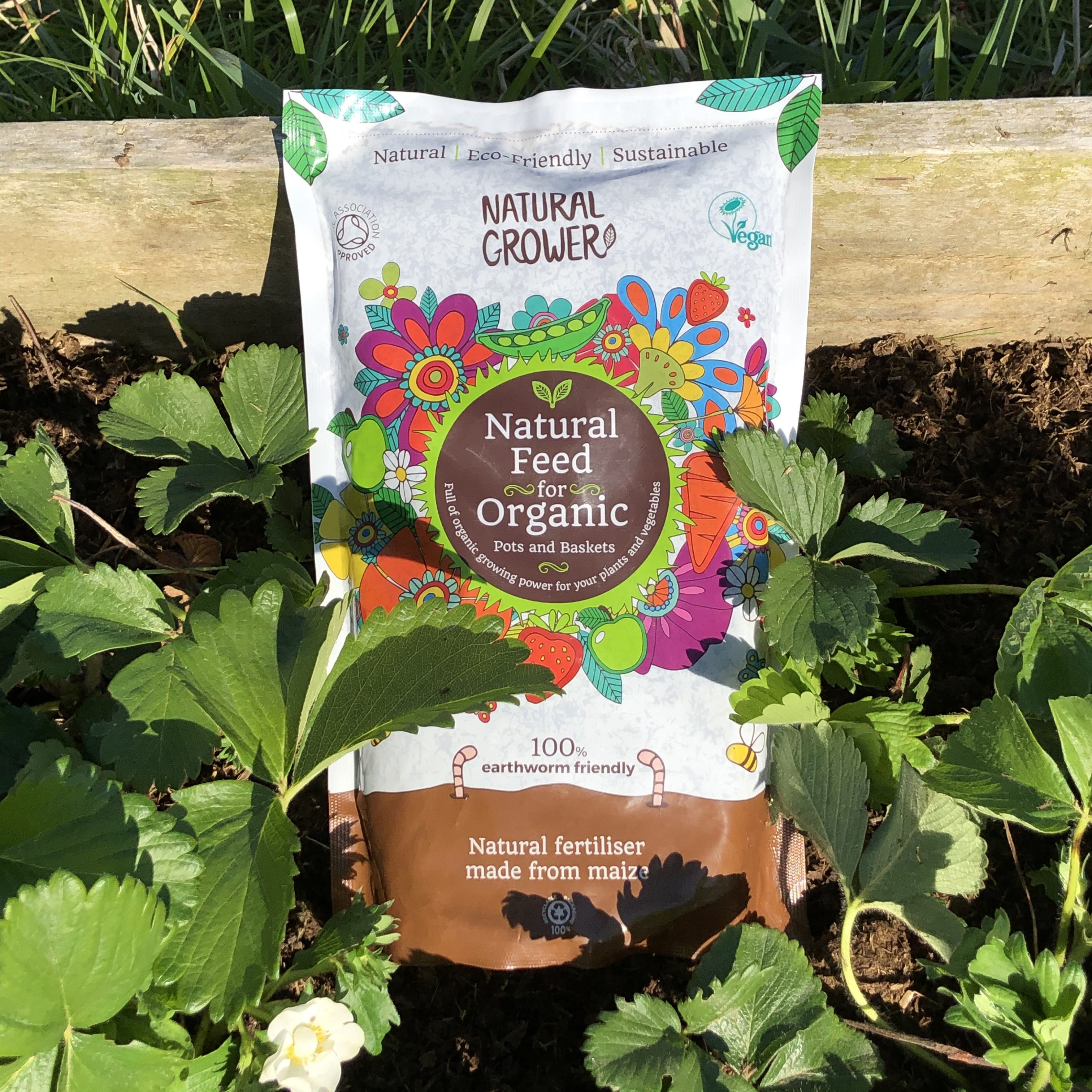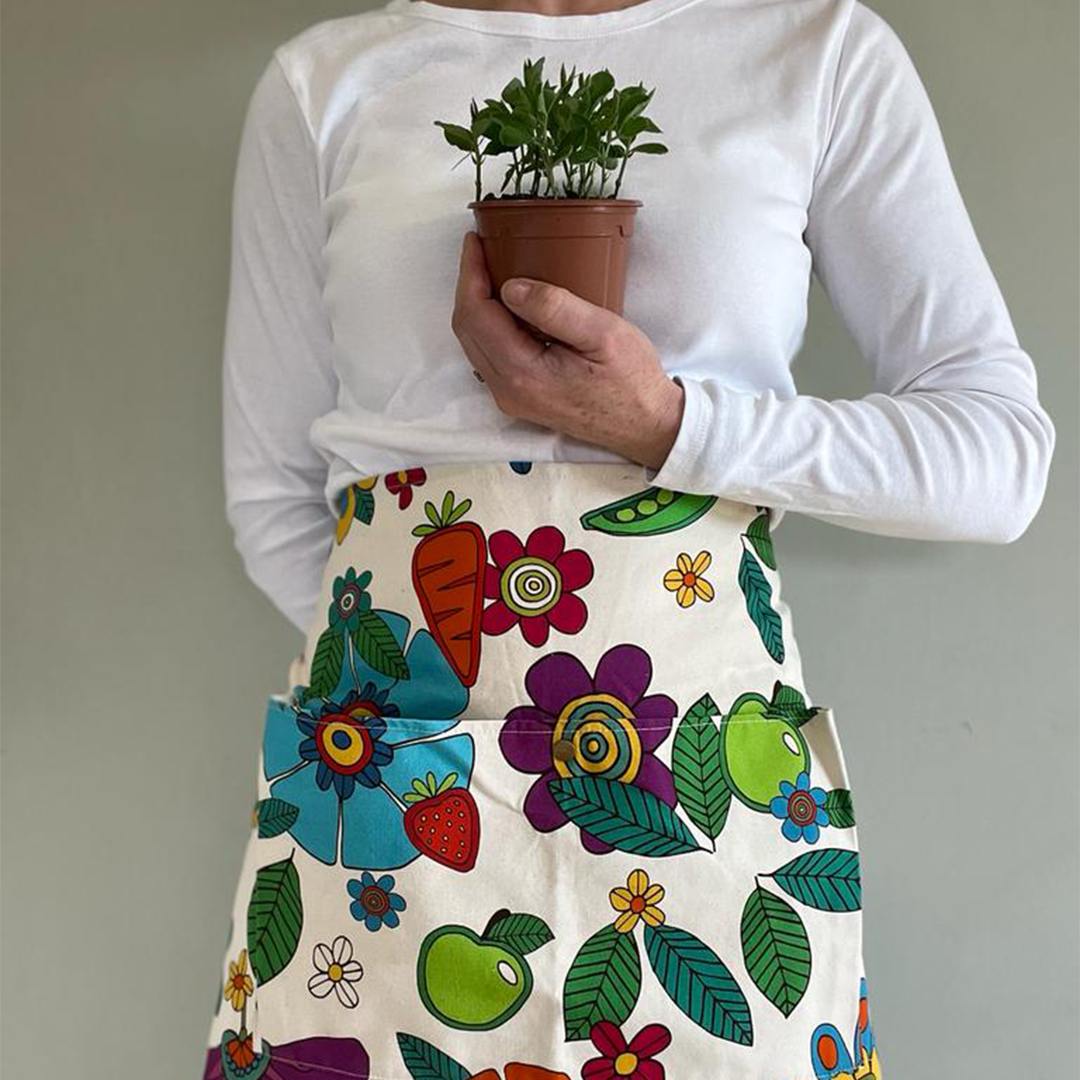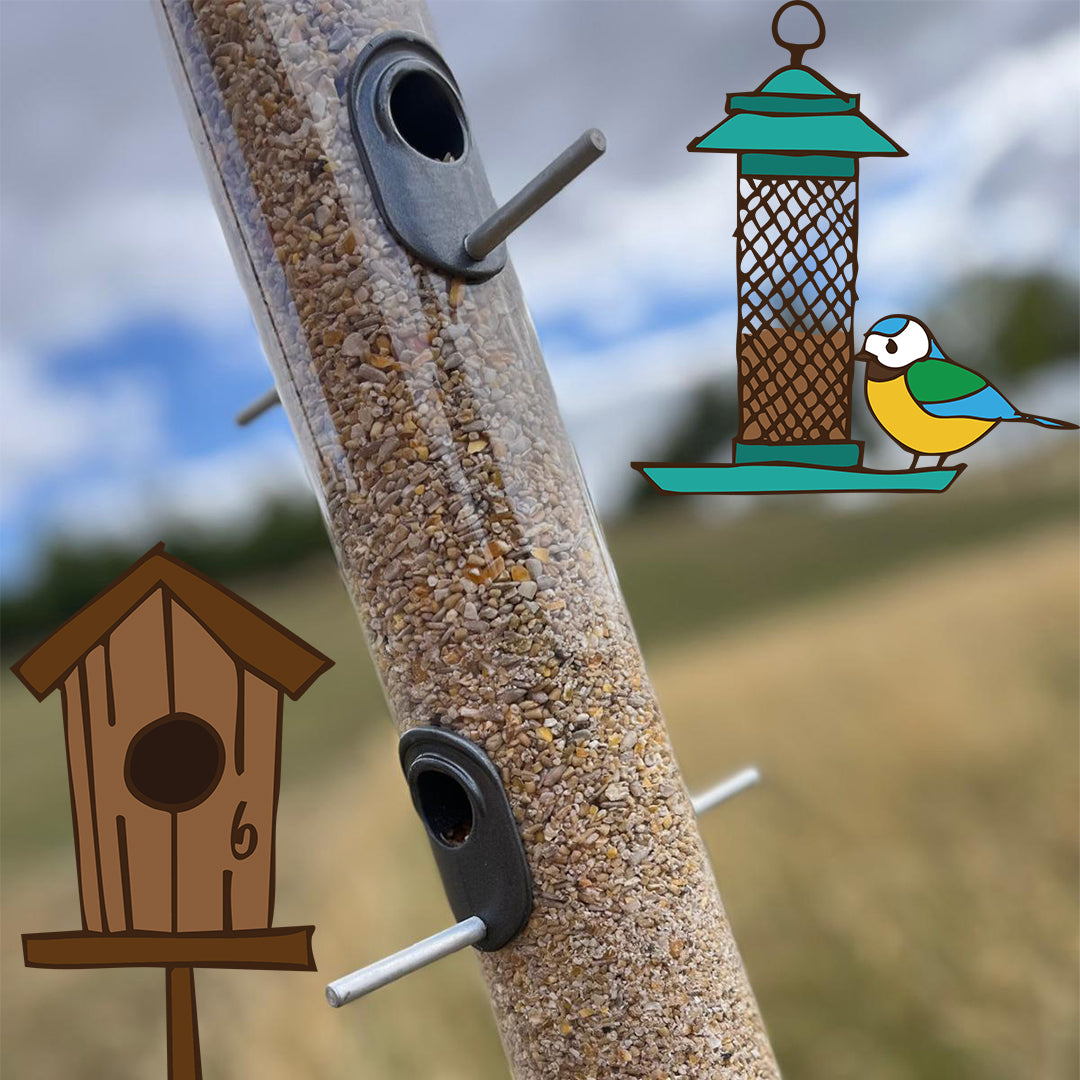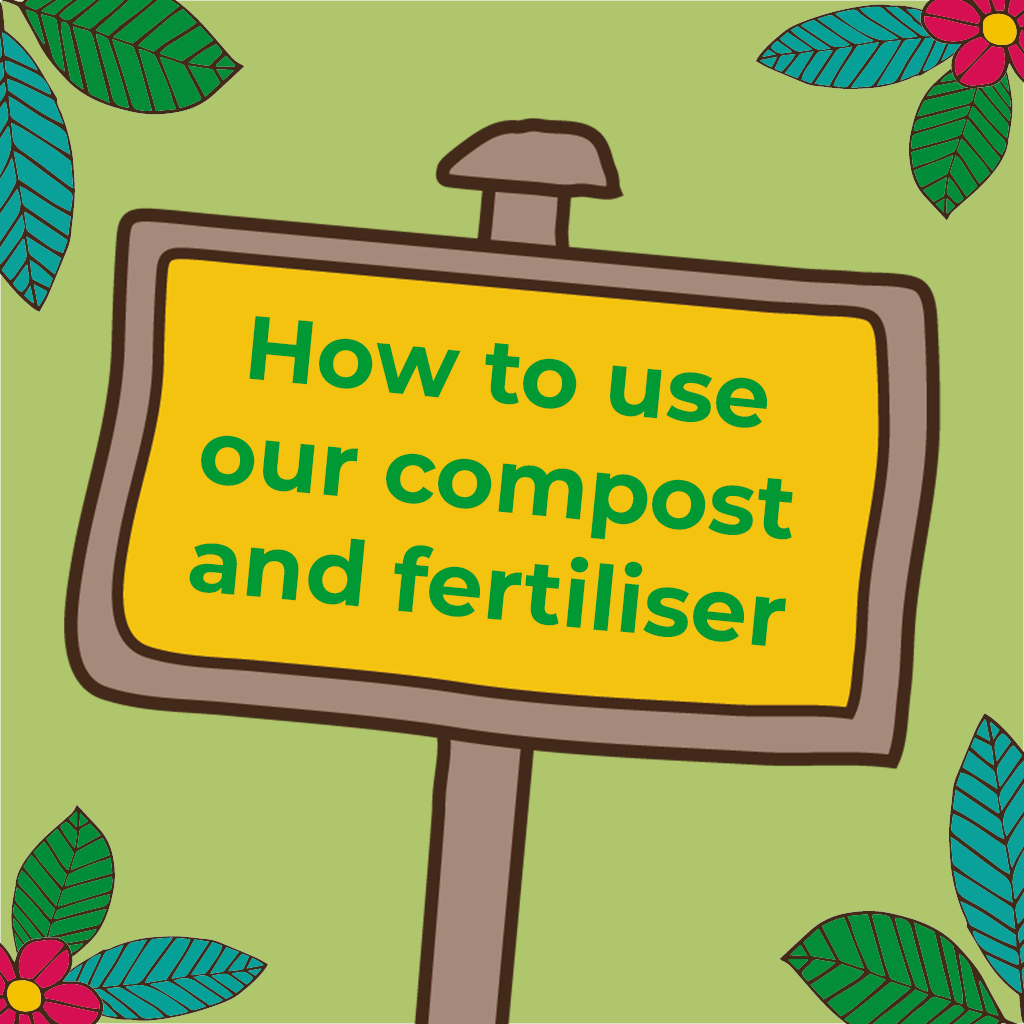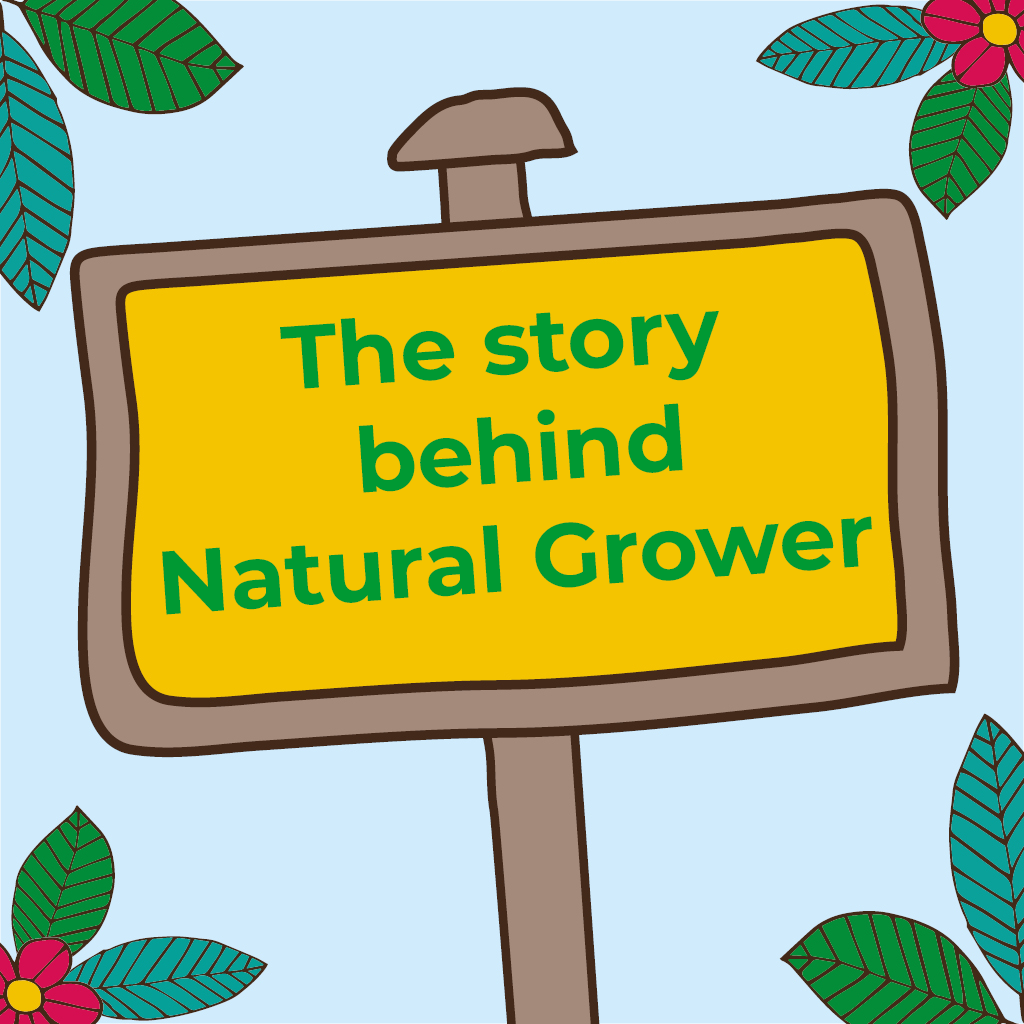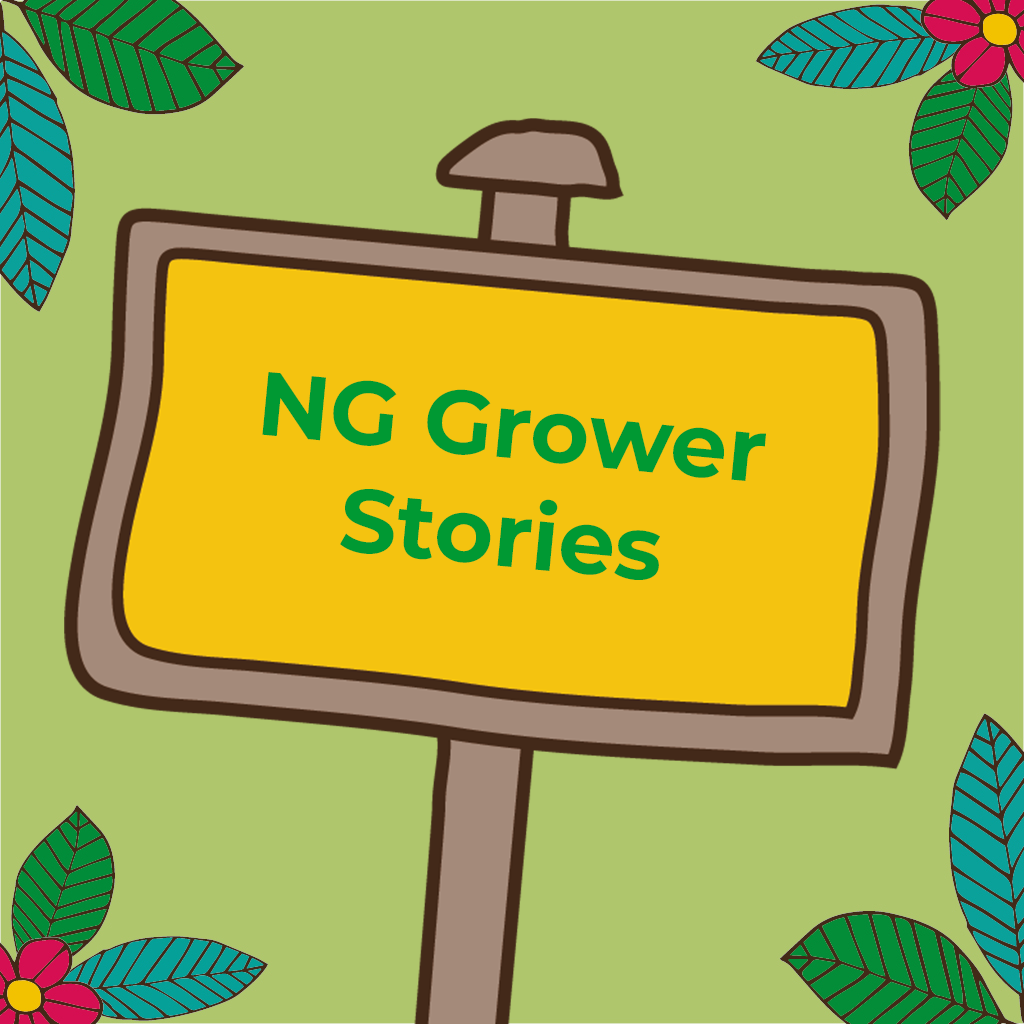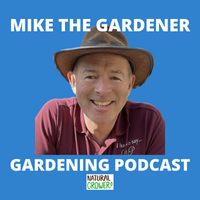
World Soil Day is celebrated in December every year. The aim is to raise awareness of the importance of healthy ecosystems, by addressing the growing challenges in soil management, increasing soil awareness and encouraging everyone to do what they can to improve soil health throughout the year.
Gardening with a focus on soil health is not only beneficial for your plants but also contributes to the overall well-being of the soil ecosystem. Here are some gardening practices that can help you look after the soil:
1. Mulching:
Apply organic mulch such as our compost or soil conditioner, straw, leaves, or wood chips around plants. Mulch helps to retain soil moisture, suppresses weeds, and regulates soil temperature. The best time to mulch around your plants and over empty beds is in the Autumn. This keeps the roots of your plants warm over the cold winter months, and gives the organisms living in your soil, like worms, a chance to work the mulch down in the soil, ready to provide perfect growing conditions in the Spring and Summer.
2. Composting:
Start a compost pile to recycle kitchen and garden waste. Compost is a rich source of organic matter that improves soil structure and provides essential nutrients. If you don’t have space to make your own compost pile, invest in good quality approved organic compost that is peat-free and green-waste free. Cheap compost that contains green-waste will add plastics and possible chemical pollutants to your soil, so it’s worth investing in the best compost you can afford.
3. Crop Rotation:
Practice crop rotation to prevent the build-up of pests and diseases. Rotating crops helps maintain a balanced soil ecosystem and reduces the risk of soil-borne pathogens. For example, grow potatoes in the bed for the first year, then grow carrots in it the following year, and salads or brassicas the following year.
4. Cover Cropping:
Plant cover crops, also known as Green Manure crops, during the off-season or in areas where plants are not actively growing. Cover crops protect the soil from erosion, add organic matter, and enhance nutrient cycling. You can grow crops like Forage Pea, Forage Rye and Field Beans from Sow Seeds, and cut them down just before they flower. They can then add additional organic matter to your soil. 
Green Manure Seeds
5. No-Dig Gardening:
Minimize soil disturbance by adopting a no-dig or low-dig gardening approach. This helps preserve soil structure and the beneficial microorganisms present in the soil.
6. Avoiding Using Chemicals:
Avoid using synthetic fertilizers, pesticides, and herbicides. Over-reliance on these chemicals disrupts the natural balance of the soil ecosystem. Organic fertilisers feed the soil, and in turn, the soil feeds your plants. Chemical fertilisers give a quick fix to the plant, but provide no long term benefits to the soil or the eco-system living in it. Slow-release, natural fertilisers work with this delicate eco-system to keep your soil in optimum condition. Our liquid feed and soil conditioning feed provide all the nutrients your soil and plants will need.
7. Watering Practices:
Water the garden deeply and less frequently to encourage deeper root growth. This helps plants access nutrients from deeper soil layers and minimizes surface runoff. Put an empty plant pot or a piece of pipe into the soil next to your plants. Pour the water in to this pot or pipe and it will introduce the water into the soil nearer to the roots of your plants.
8. Soil Testing:
Regularly test your soil to understand its nutrient levels and pH. Soil testing guides you in making informed decisions about fertilization and soil amendments. You can purchase basic soil testing kits online. If you want a more detailed analysis, you can send samples off to a lab to be tested. 
Home Soil Testing Kit
9. Adding Organic Matter:
Amend the soil with organic matter such as our compost or soil conditioner. Organic matter improves soil structure, water retention, and nutrient availability. Be careful adding horse manure, as it can be contaminated with Aminopyralid if the horses have grazed grass or eaten hay which has been treated with herbicide for broadleaf weeds. Aminopyralid poisoning will stunt the growth of your plants and it takes a long time to remove from contaminated soil.
10. Companion Planting:
Explore companion planting strategies where certain plants are grown together to enhance each other's growth and deter pests. This can contribute to a healthier soil environment. For example, you can plant Nasturtiums next to Bean plants to act as a "sacrificial plant" and draw the black fly away from the Beans. 
The perfect companion plant to tempt away garden pests.
11. Beneficial Insects and Microorganisms:
Encourage beneficial insects and microorganisms in your garden. For example, ladybugs, earthworms, and mycorrhizal fungi play crucial roles in maintaining soil health. Our plant feed and soil conditioner contains beneficial natural fungi, and the earthworms work this soil improver down into the soil. As the earthworms eat the soil improver their digestive system concentrates the organic and mineral constituents, resulting in their casts being richer in available nutrients than the soil around them.
12. Proper Plant Spacing:
Plant your crops at the recommended spacing to avoid overcrowding. Proper spacing allows for good air circulation, reducing the risk of diseases and promoting overall plant health.
13. Raised Beds:
Consider using raised beds, especially in areas with poor soil quality. Raised beds provide better control over soil composition and drainage.
14. Diverse Plant Selection:
Include a variety of plants in your garden to promote biodiversity. Diverse plantings support a range of soil organisms and contribute to a more resilient ecosystem. 15.
15. Regular Observation
Observe your garden regularly for signs of pests, diseases, or nutrient deficiencies. Early detection allows for prompt and targeted interventions. Slugs and snails will always be spotted on a daily basis. Ants also work alongside Blackfly, so if you see ants making their way up your bean plants, the blackfly will soon follow them!
By adopting these soil-friendly gardening practices, you not only nurture your plants but also contribute to the long-term health and sustainability of the soil in your garden.
compost, mulch, organic fertiliser, soil biodiversity, soil biology, soil conditioner, soil health, soil improver, world soil day
